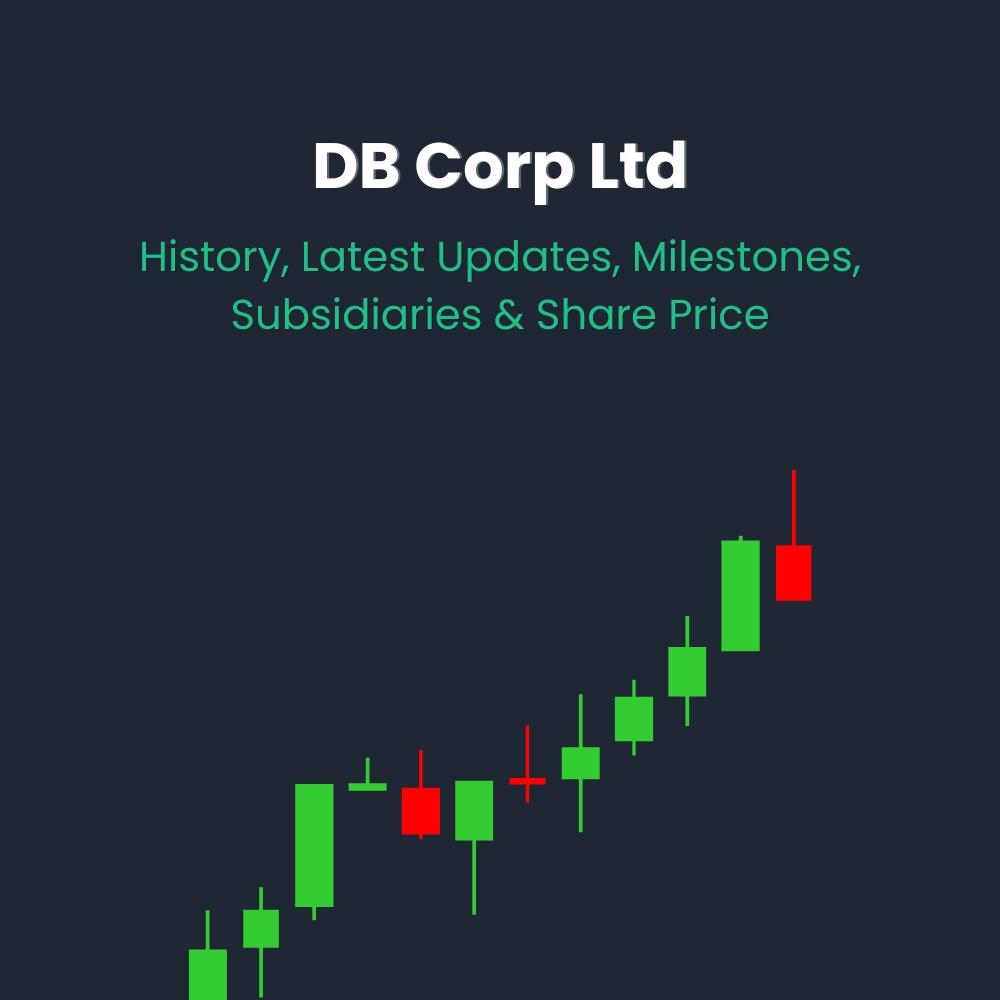SEBI Considers ASBA Payment Mode Also For Secondary Market
The term "ASBA" is being displayed in the current financial news. SEBI has been considering ASBA for secondary markets to eliminate vulnerability in monetary transactions. ASBA is otherwise known as "Application Supported by Blocked Amount". ASBA can be explained as an application with certain authorizations. It would block the funds in a bank account meant for an application (Saving Account and Current Account without Overdraft facility). These funds would have been reserved for subscriptions related to an issue. It is the mode of payment available in case of issues. Here the application money of the investors remains in the account until the conclusion of allotment basis on issues. ASBA facility is preferred for its current success and for other varied reasons.
The interest earning capacity on blocked funds is retained. The mode of payment removes the use of cheques and demand drafts. There are no costs involved. In case of public issues like Rights Issues, IPOs, and FPOs, it is mandatory to use the ASBA payment mode. News confirms that the "The Securities and Exchange Board of India" (SEBI) is pleased with the less risky payment structure in the secondary market. It would stop unauthorised or risky access to the trader/investor funds. The structure and model explained by the SEBI chairperson was the Application Supported by Blocked Amount (ASBA) process. As in the case of initial public offerings (IPOs), the SEBI proposal is to use funds from the investor's bank account only post the trade is confirmed.
Here are a few pointers that may interest stock traders and investors.
Benefits of the Proposed ASBA like System for Secondary Markets
More Safety for Investors: The funds of traders and investors will be more secure. Also, the transactions will be transparent. There will be a standardised process for the funding. The Indian investors will have higher scope for financial inclusion. The success of ASBA for IPO can be reaped in secondary markets. Corruption and misuse will be eliminated.
Advance for Technology-based Brokers: For brokers who follow IT-enabled strategies, the ASBA would be an opportunity. Despite the challenges of having to block accounts repeatedly due to the active nature of the secondary market. Ironing out the operational problems will establish a stable and synchronised platform. Blockchain technology is recommended for beneficial upgrades.
Less Manual Work for Brokers: The broking companies will have reduced manual work. This is because set procedures will be auto-enabled. Data will be well routed for the mutual good of the investor and the brokers. Tedious steps related to processing, paying in and pay-outs will be simplified.
Higher Opportunities for Neo Banks: Neo banks are digital financial service providers that do not function under physical branches. Their goals are mapped for tech-savvy customers. The current SEBI suggested ASBA modes give Neo banks higher opportunities. Other banks may have to work with Neo banks for quicker technology upgrades.
Integration with Fintech Technologies: Seamless trading experience with the latest Fintech technology resulting in less dependency on stock brokerage firms
Hidden Charges Eliminated: Brokerage charges will be directed to the bank, not clients directly. Thus complications related to hidden charges will be removed.
Simplification of Data: All the brokerage firm's reports will be available with the banks in one place
Long-Term Benefits: The advantages will be higher in the long run. If the proposed ASBA, like the system, is established, changes will happen in phases. Operational challenges will be removed; there will be less vulnerability for all players in secondary markets. The context will be hi-tech.
In the current system, unused funds stay in the broker's account. The broker has chances to gain through interest. However, the new system will transfer interest opportunities to customers. Brokers will have seamless transactions running on technology platforms. The system will soon be trustworthy with more participants.
Drawbacks:
While foreseeing the advantages of an ASBA process in the secondary market, one cannot ignore the challenges. The following are some of the areas of concern for the radical changes.
Algo Trading (automatic): Algo trading or automatic trading will be difficult as the funds would have to be blocked till the confirmation. SEBI has questioned the ability to generate higher returns with Algo trading.
The need for more light and transparency is outlined in Algo trading. However, the challenge is in operational efficiency and upgrades.
Delays: The success in intraday trading is in the rapid responses to price movements. Selling and buying at the right moment assures higher gains. Blocking and then release of funds will cause delays. The entire essence of profit-centred strategies may be a technology challenge. Taking optimum advantage may be a hurdle.
Bank Holidays: The intraday trading and pay-off will be affected if the bank announces holidays on market days
Technical Issues: There is a possibility of delay in order placing and pay-off issues during the bank's server maintenance
Not suitable for the current Indian scenario: Financial experts opine that the ASBA payment platform's vision is not ideal for countries like India. Good technology upgrades are expensive and time-consuming. This is due to the complicated nature of secondary market transactions. Test phases can cause uncomfortable financial situations for clients and brokering firms.
Technology: Another area of concern is the fact that high-end technology will suit tech-savvy customers. Are the new technology upgrades with ASBA-like facilities for a particular sector of the Indian population? The answer may not be an immediate no. The usual contributors for trades in the secondary market will take time to reap benefits to their full potential.
To conclude, broking firms and banks must be prepared to update technology for business continuity. Spending on system updates is expensive for broking firms. There are chances for the cost of trade to become higher. The automation intelligence has to be proactive to remove various glitches. SEBI has highlighted the need for more transparent operations and scope for regulatory surveillance. Before execution, the SEBI has to study key renovation functionalities of the current mechanism. The new context should assimilate Demat and banking accounts. Either a BlockChain or account aggregator system is advised for continuous trading. Phased upgrades and testing with select banks before a full-fledged implementation is essential. The ASBA framework will be beneficial for bank-owned brokerages. HDFC Securities, SBI Securities, Kotak Securities and ICICI Securities are examples. Happy trading!



